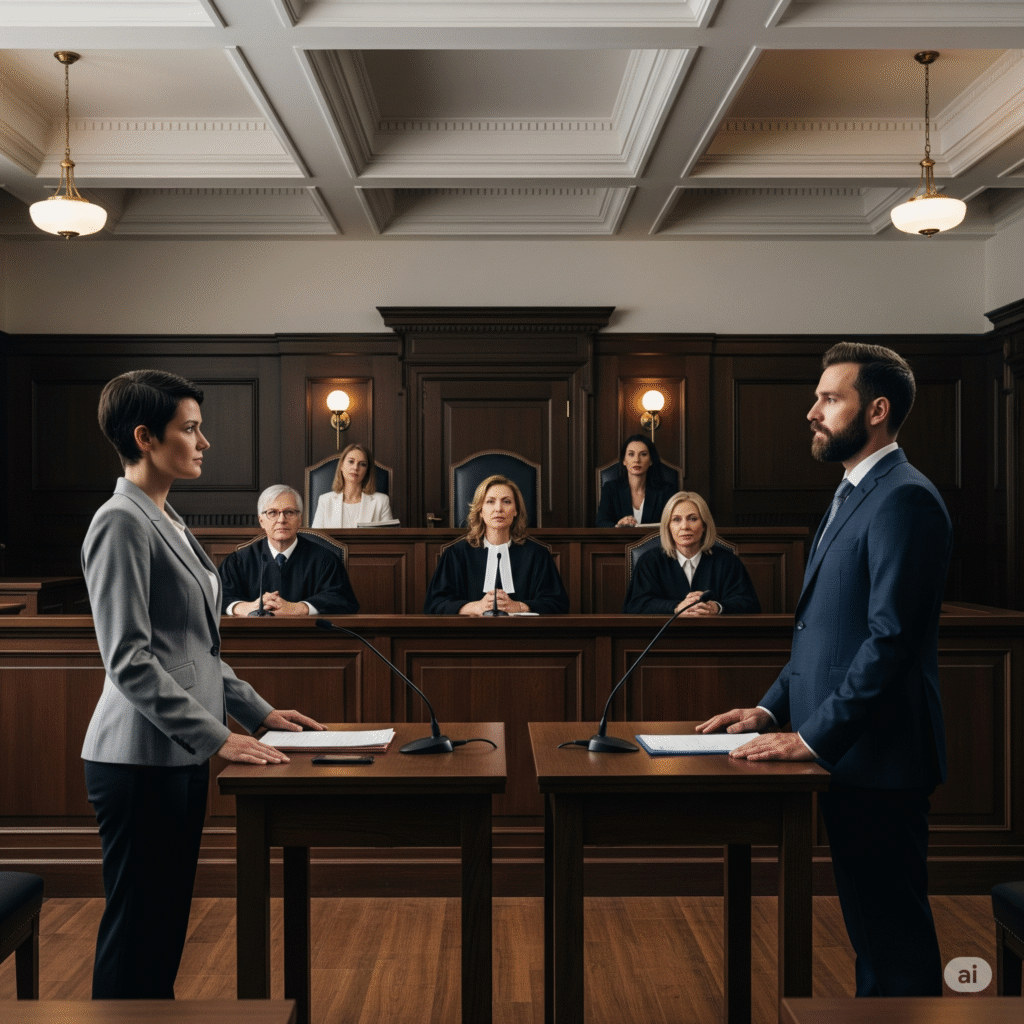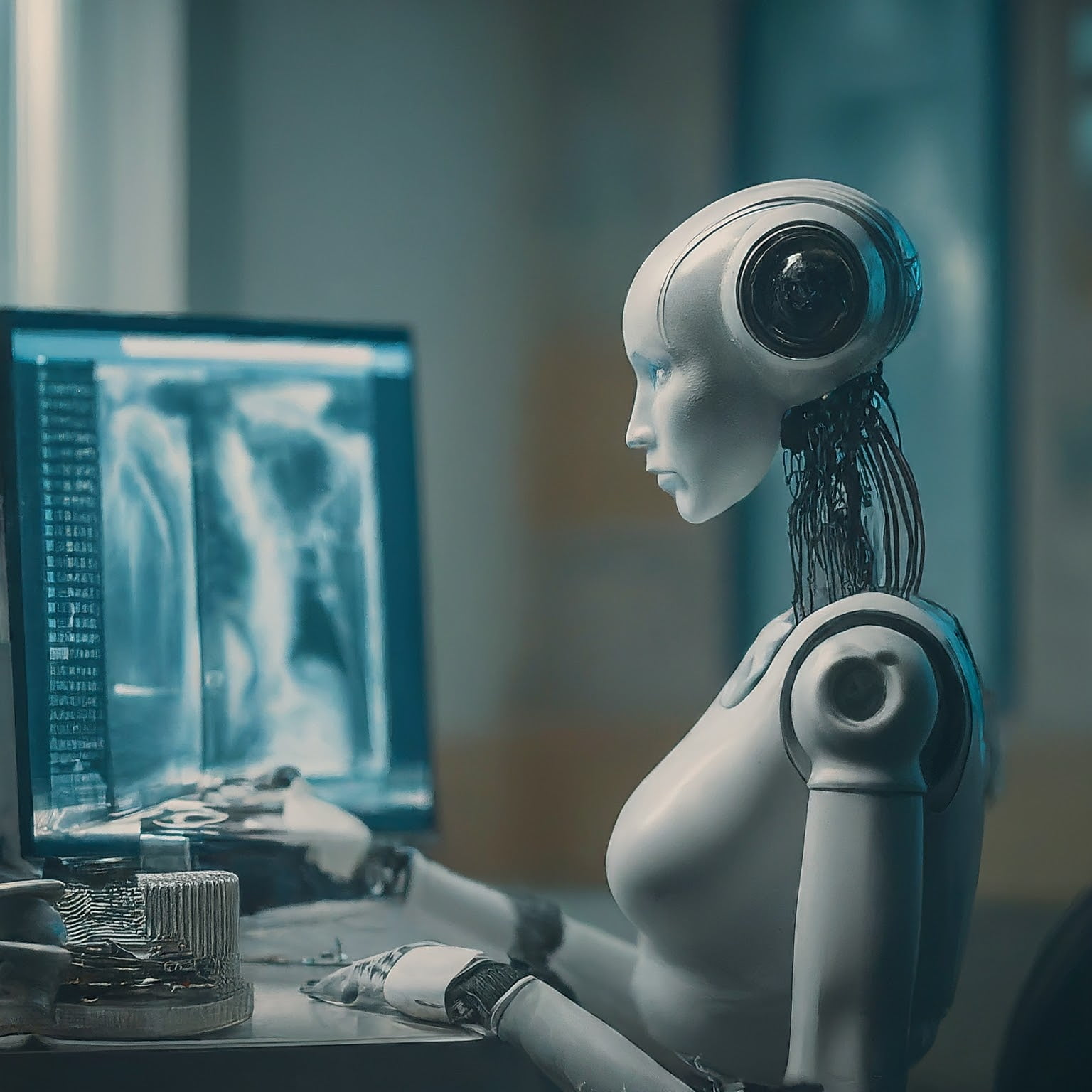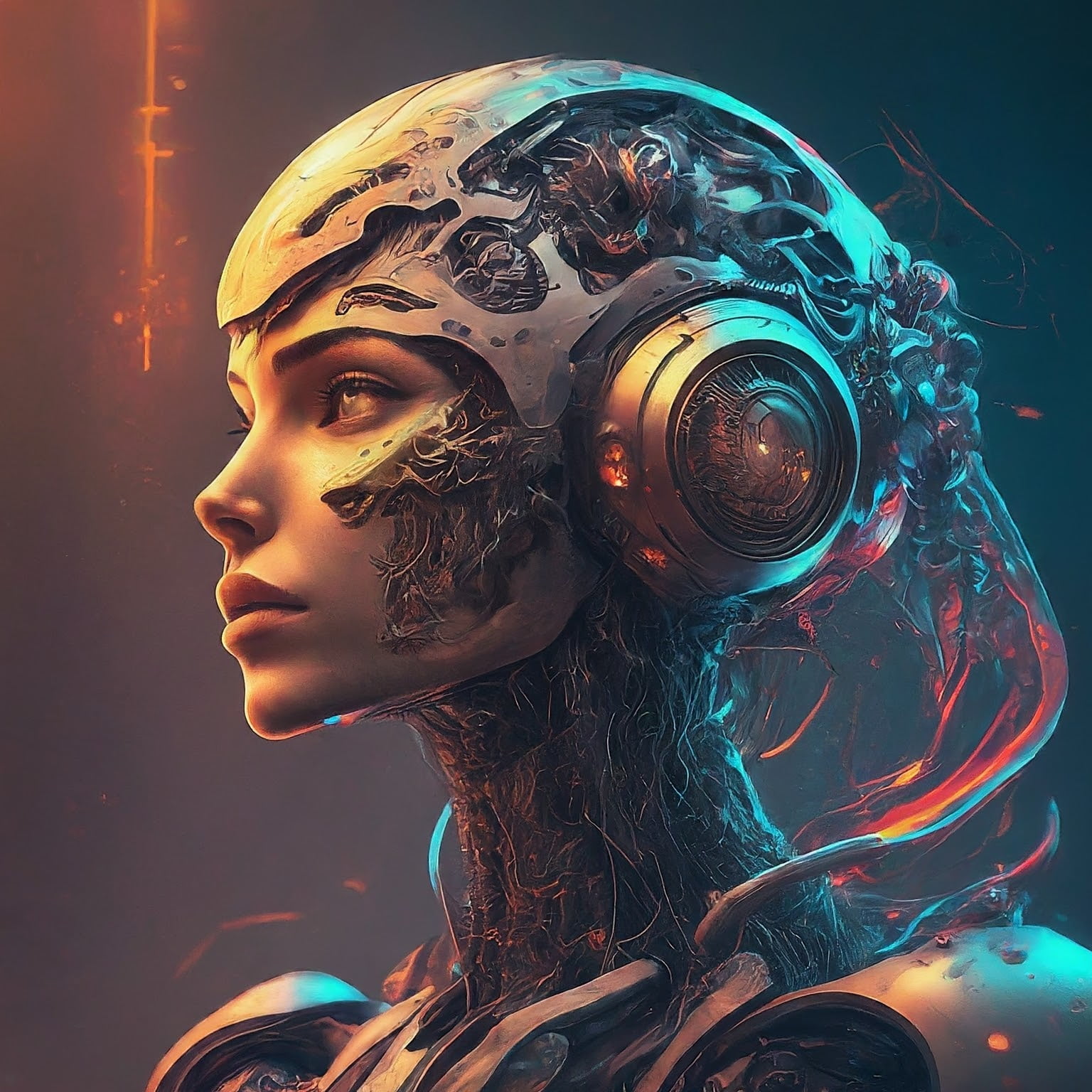
What the Latest Rulings Mean for the Future of Creativity
In a significant development for the tech and creative industries, Anthropic and Meta recently secured victories in landmark court cases addressing the use of copyrighted material to train large language models (LLMs). These are the first rulings to emerge from a growing number of lawsuits that question whether AI companies have the legal right to utilize copyrighted content—such as books—without obtaining explicit permission.
These decisions are crucial because they touch on a central debate: How should we balance the advancement of machine learning with the protection of human creativity?
The Core of the Dispute: Fair Use or Copyright Violation?
At the heart of these cases is the doctrine of fair use, which allows for limited use of copyrighted material without authorization under specific conditions, including transformation and market impact.
In both cases, groups of authors argued that their works had been used unlawfully to train AI systems. In the suit against Meta, 13 authors—including public figures like Sarah Silverman and Ta-Nehisi Coates—claimed their books were scraped for training data. Meanwhile, Anthropic faced a class-action lawsuit over similar allegations.
The companies countered that their use of these texts qualified as fair use. While both firms won, the judges issued contrasting opinions in their rulings.
Summary of the Legal Arguments
- Plaintiffs’ Claim: Authors and artists say their copyrighted books were used without consent, undermining the market for their original work.
- Defendants’ Position: Companies like Anthropic and Meta argue that the use is transformative and falls under fair use.
Despite similar cases, the two courts offered distinct legal reasoning while both ruling in favor of the tech companies.
Two Courts, Two Rationales
In Anthropic’s case, Judge William Alsup ruled in favor of the company on the grounds that its use of copyrighted works was “transformative.” According to Alsup, the output generated by the AI was distinct and did not replace the original texts, making the use legally permissible under fair use doctrine.
On the other hand, Judge Vince Chhabria, presiding over the Meta case, focused on a different aspect of fair use: market harm. He concluded that the plaintiffs failed to show that Meta’s actions had caused substantial damage to the market value of their works. Interestingly, Chhabria criticized Alsup’s decision for not giving enough weight to this factor.
Despite these differences, both rulings favored the tech firms. But they left the legal waters murky—especially for the numerous similar cases still pending.
More Legal Challenges Ahead
It’s important to note that neither ruling delivers a sweeping legal endorsement for AI companies to continue using copyrighted data freely. In fact, Chhabria made it clear that the Meta ruling applied only to the 13 plaintiffs and did not set a precedent for broader legality. He even hinted that others could bring stronger cases in the future.
Moreover, both Meta and Anthropic still face separate allegations related to the source of their training data. Specifically, they are accused of obtaining books from pirated repositories. These piracy-related charges could open entirely new legal fronts.
A Tipping Point for the AI Industry
These rulings carry immense weight because they may influence how courts approach over 40 similar lawsuits filed against major tech firms including OpenAI, Google, and Microsoft. If future decisions favor the plaintiffs, companies might be forced to shift toward formal licensing models to access training data—potentially disrupting the economics of AI development.
Legal experts remain divided. Amir Ghavi, an attorney representing tech firms, likened these early decisions to a Rorschach test: “Each side sees what they want to see.” He also emphasized that appeals are likely and that a definitive resolution may still be years away.
Tyler Chou, a lawyer advocating for digital creators, expressed disappointment in the rulings. She argued that plaintiffs lacked the resources to present strong enough cases and predicted that wealthier players—like music labels and news organizations—will bring the next wave of lawsuits. “That will be the real test of fair use in the age of AI,” she said.
The Bigger Picture: Economics, Not Just Law
Ultimately, this legal battle is about more than just copyright—it’s about economics and survival. Many creators feel that the free use of their work by AI systems threatens their income and diminishes the value of original content. The concern isn’t just legal infringement; it’s a growing fear that generative AI may disincentivize artistic effort altogether.
Even if courts eventually draw clear lines around fair use, the deeper issue—how to sustain creative livelihoods in an AI-saturated world—remains unresolved.
Date-Wise Key Events
| Date | Event | Details |
|---|---|---|
| Early 2023 | Multiple copyright lawsuits filed | Authors, artists, and companies sue Meta, Anthropic, OpenAI, etc., over use of copyrighted materials. |
| Mid 2023–2024 | Lawsuit wave grows | Over 40 cases filed; allegations include use of pirated books in training datasets. |
| March 2025 | Pre-trial proceedings begin | Evidence emerges suggesting possible unauthorized sources for training data. |
| June 23, 2025 | Anthropic court ruling | Judge Alsup rules in favor of Anthropic, citing “transformative use” under fair use doctrine. |
| June 25, 2025 | Meta court ruling | Judge Chhabria rules for Meta; says plaintiffs failed to prove “market harm” to their works. |
| July 2025 | New legal steps | Anthropic faces piracy trial; Meta ordered to negotiate with accusers over dataset sourcing. |
Key Legal Themes
| Topic | Anthropic Ruling | Meta Ruling |
|---|---|---|
| Fair Use Defense | Upheld — use deemed “transformative” | Upheld — no proven harm to original market |
| Plaintiffs | Class action by authors | 13 authors including Sarah Silverman, Ta-Nehisi Coates |
| Judge’s Note | “Most transformative tech in our lifetimes” — Alsup | “Limited ruling; others can still sue” — Chhabria |
| Ongoing Issues | Faces piracy-related lawsuit | Ordered to engage in settlement talks |
The Larger Battle: Protecting Creative Value in an AI World
Beyond the courtrooms, the core issue remains: how to protect human creativity in a landscape increasingly shaped by machines. Artists, writers, and musicians fear that even if fair use is legally upheld, the economic model of creativity may be irrevocably damaged.
There is no clear path yet to compensating creators or ensuring ethical data sourcing. Until comprehensive solutions emerge, the legal tug-of-war between innovation and intellectual property will continue to shape the future of AI.
Legal Implications and Industry Reaction
These rulings validate different aspects of the fair use doctrine:
- Anthropic’s win supports the “transformative use” argument.
- Meta’s case stresses the lack of demonstrated market harm.
But legal experts say the results are far from conclusive:
- Amir Ghavi, a tech litigation attorney, warns that the decisions are limited and highly specific. Appeals are likely.
- Tyler Chou, a lawyer representing content creators, calls the decisions disappointing but sees them as just the beginning of a longer fight.
She adds: “The next wave of lawsuits will come from large entities—publishers, music labels, and media giants—with the financial muscle to challenge these companies in court.”
Conclusion: A Legal and Creative Crossroads
The recent rulings in favor of Anthropic and Meta represent only the beginning of a complex legal saga. While they offer temporary clarity, they also expose deeper tensions between innovation and intellectual property.
As the debate evolves, the outcome will help determine not just the rules governing AI development—but also the future of human creativity in a digital age.

